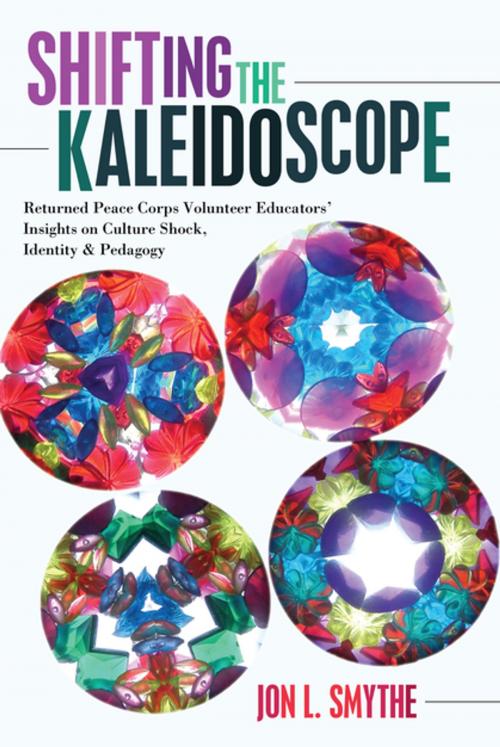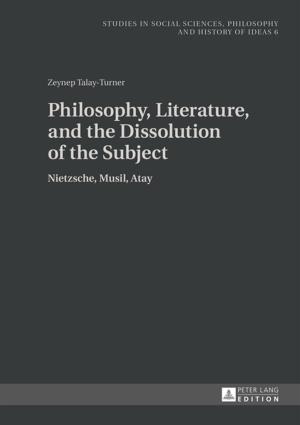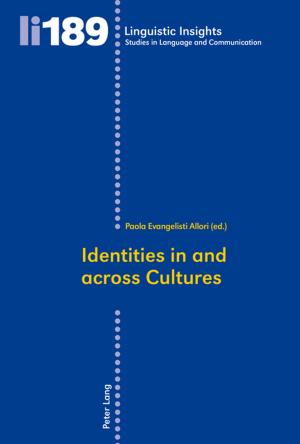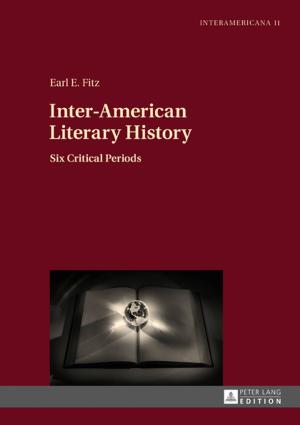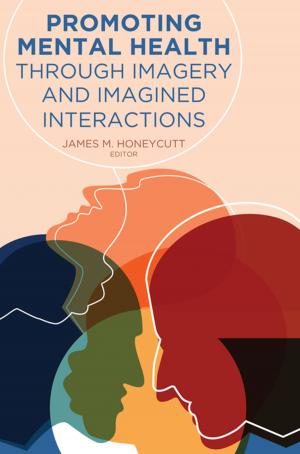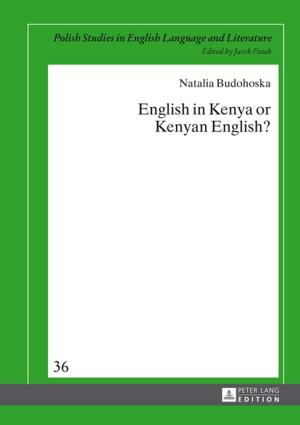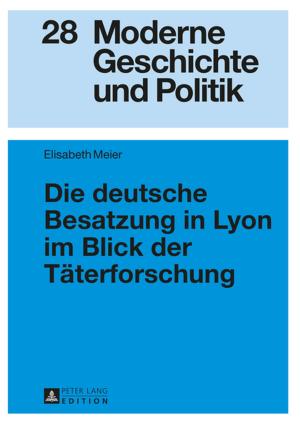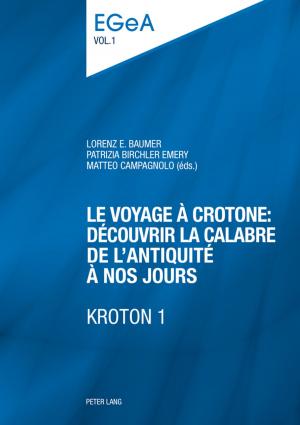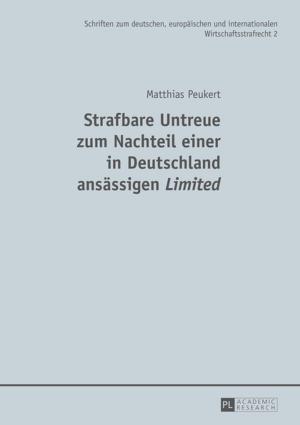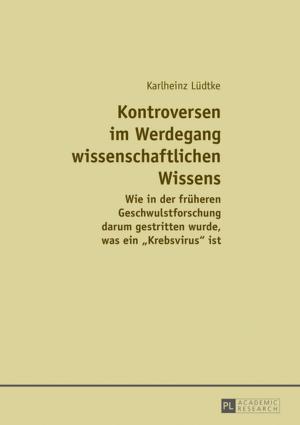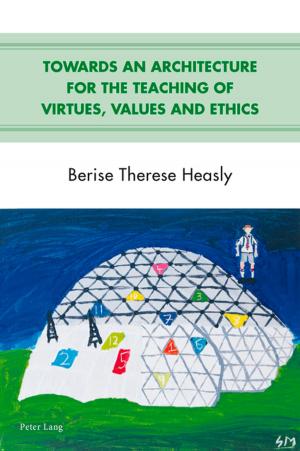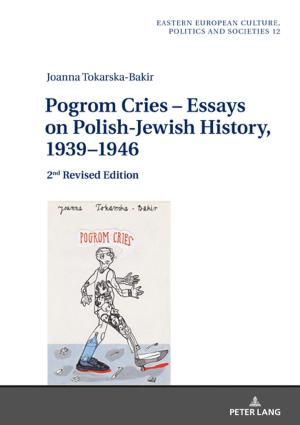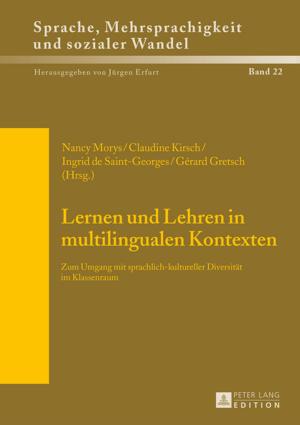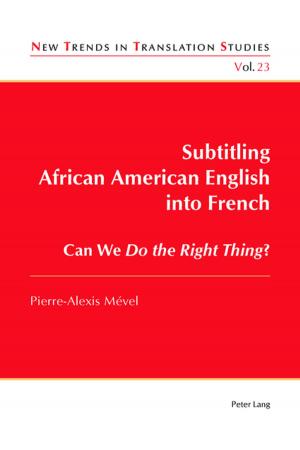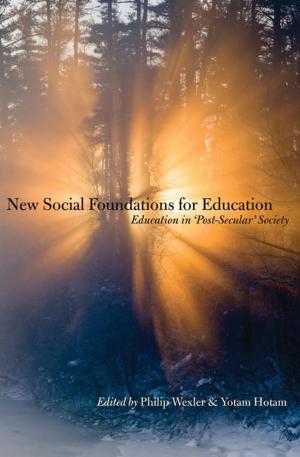Shifting the Kaleidoscope
Returned Peace Corps Volunteer Educators Insights on Culture Shock, Identity and Pedagogy
Nonfiction, Reference & Language, Education & Teaching, Educational Theory, Adult & Continuing Education, Elementary| Author: | Jon L. Smythe | ISBN: | 9781454194804 |
| Publisher: | Peter Lang | Publication: | July 1, 2014 |
| Imprint: | Peter Lang Inc., International Academic Publishers | Language: | English |
| Author: | Jon L. Smythe |
| ISBN: | 9781454194804 |
| Publisher: | Peter Lang |
| Publication: | July 1, 2014 |
| Imprint: | Peter Lang Inc., International Academic Publishers |
| Language: | English |
This book examines culture shock and reverse culture shock as valuable learning experiences for educators working in increasingly culturally diverse environments. Although these phenomena are often cast as illnesses to be avoided, this study suggests that both types of shock can help educators develop greater self-understanding and intercultural awareness and will benefit their pedagogical practices as well. For this study, four returned Peace Corps volunteer educators who have taught at various grade levels, both abroad and in the United States, share thought-provoking stories of how their experiences shifted their identities and their approaches to teaching. A Post-structural hermeneutic framework is used to analyze each story in two separate «readings» as a way of disrupting the flow of each text so that other possible meanings may emerge. The metaphor of the kaleidoscope develops from the study as a way to imagine a curriculum in motion – one in which new and often surprising patterns are created by shifting, juxtaposing and refocusing the multiple lenses within. Shifting the Kaleidoscope should appeal to those readers who are interested in curriculum studies, multicultural education, intercultural awareness, narrative inquiry, post-structuralism, international studies, the Peace Corps and/or teaching English abroad.
This book examines culture shock and reverse culture shock as valuable learning experiences for educators working in increasingly culturally diverse environments. Although these phenomena are often cast as illnesses to be avoided, this study suggests that both types of shock can help educators develop greater self-understanding and intercultural awareness and will benefit their pedagogical practices as well. For this study, four returned Peace Corps volunteer educators who have taught at various grade levels, both abroad and in the United States, share thought-provoking stories of how their experiences shifted their identities and their approaches to teaching. A Post-structural hermeneutic framework is used to analyze each story in two separate «readings» as a way of disrupting the flow of each text so that other possible meanings may emerge. The metaphor of the kaleidoscope develops from the study as a way to imagine a curriculum in motion – one in which new and often surprising patterns are created by shifting, juxtaposing and refocusing the multiple lenses within. Shifting the Kaleidoscope should appeal to those readers who are interested in curriculum studies, multicultural education, intercultural awareness, narrative inquiry, post-structuralism, international studies, the Peace Corps and/or teaching English abroad.
